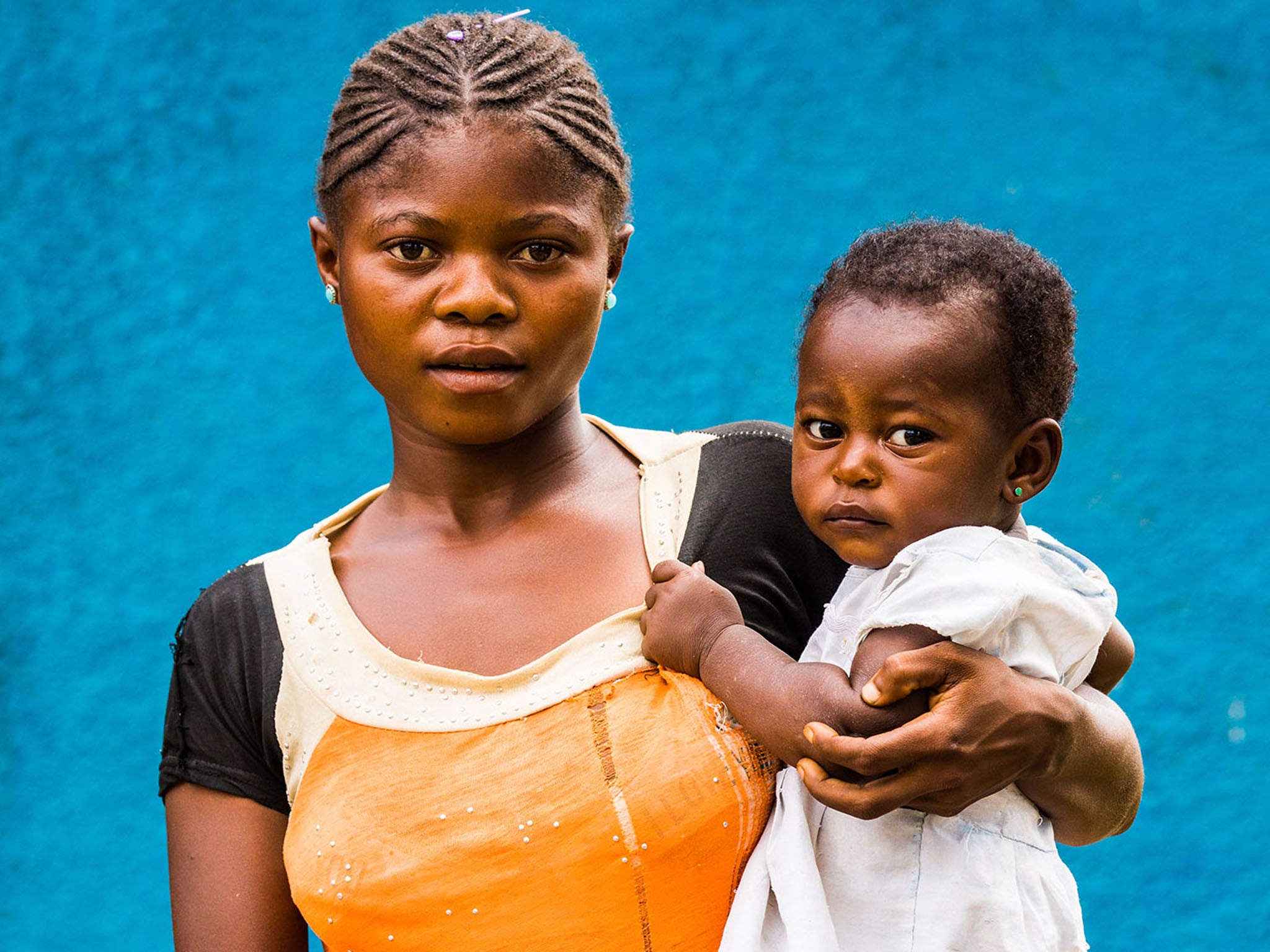Sexism cancelling out girls’ inbuilt biological survival advantage, child mortality study suggests
'Because of a sexist ideology which values boys over girls, young girls are often at greater risk of mortality'

Your support helps us to tell the story
From reproductive rights to climate change to Big Tech, The Independent is on the ground when the story is developing. Whether it's investigating the financials of Elon Musk's pro-Trump PAC or producing our latest documentary, 'The A Word', which shines a light on the American women fighting for reproductive rights, we know how important it is to parse out the facts from the messaging.
At such a critical moment in US history, we need reporters on the ground. Your donation allows us to keep sending journalists to speak to both sides of the story.
The Independent is trusted by Americans across the entire political spectrum. And unlike many other quality news outlets, we choose not to lock Americans out of our reporting and analysis with paywalls. We believe quality journalism should be available to everyone, paid for by those who can afford it.
Your support makes all the difference.Sexism is cancelling out girls inbuilt biological survival advantage, a new study on child mortality has suggested.
Researchers at Queen Mary University of London found levels of gender inequality across the world are linked with disproportionate death rates among girls under five years old.
Their analysis of data from 195 countries suggested that the unequal treatment of females in society could be impeding the natural biological advantage they have over males for survival, as women tend to live longer than men almost everywhere worldwide and in some countries they do so by more than a decade.
“The more unequal a society, the more girls are penalised in terms of their survival chances, particularly in lower-middle income countries," said lead researcher Dr Valentina Gallo. "Gender inequality then perpetuates itself through the generations via these unfair odds of survival.
“Because of a sexist ideology which values boys over girls, young girls are often at greater risk of mortality through diminished access to health resources, as well as through heightened exposure to health risks. These girls are also further exposed to this risk via their mothers, who may themselves be penalised and valued less than mothers of sons, and less able to provide for their daughters.”
While past studies have demonstrated greater gender inequality is linked with higher infant mortality, until now it was unknown whether boys or girls were more affected by this.
Dr Gallo said the findings were “very disturbing”, adding that she was surprised by the findings.
“I was not expecting it," she said. "We knew that the higher the gender inequality, the higher the mortality, and we knew that young girls were disadvantaged in places with higher gender inequality but we were not expecting it had got to a point of impairing their survival capacity."
In 2015, a total of 5.9 million children under the age of five years died. More than half of these early deaths were preventable and the result of socio-economic factors and obstacles to healthcare.
Children are at a greater risk of dying before the age of five if they are born in rural areas, within poor households, or to a mother denied basic education.
The research, published in the journal BMJ Global Health, compared countries’ sex-specific under-five mortality rates from the UNICEF database with their Gender Inequality Index (GII). GII is a measure of gender inequality which looks at reproductive health, empowerment, and economic status, which varies from a minimum of 0.040 in Switzerland to a maximum of 0.767 in Yemen.
Overall, boys have a slightly higher mortality than girls worldwide, which is deemed to be the result of a relative biological advantage of girls over boys. However, the study found the higher the gender inequality in a country, the more girls would die compared to boys, thus reducing the girls’ innate biological advantage.
The authors used the example of India where girls have lower odds than boys of getting certain types of health care, including vaccinations, and are vulnerable to female infanticide and circumcision.
Dr Gallo said children under five tend to die of malnutrition, accidents or perinatal deaths and infectious diseases such as malaria, diarrhoea and lower respiratory tract infections.
The researchers argued global policy needs to broaden its focus beyond economic development and strive to reduce gender inequality across a range of areas - including reproductive health, political empowerment, educational attainment, and participation in the workforce.
However, a key limitation of the study is the inability to establish firm conclusions on individuals from the aggregated data. Other studies are also required to show definitive causal links between gender inequality and under-five mortality.
Join our commenting forum
Join thought-provoking conversations, follow other Independent readers and see their replies
Comments